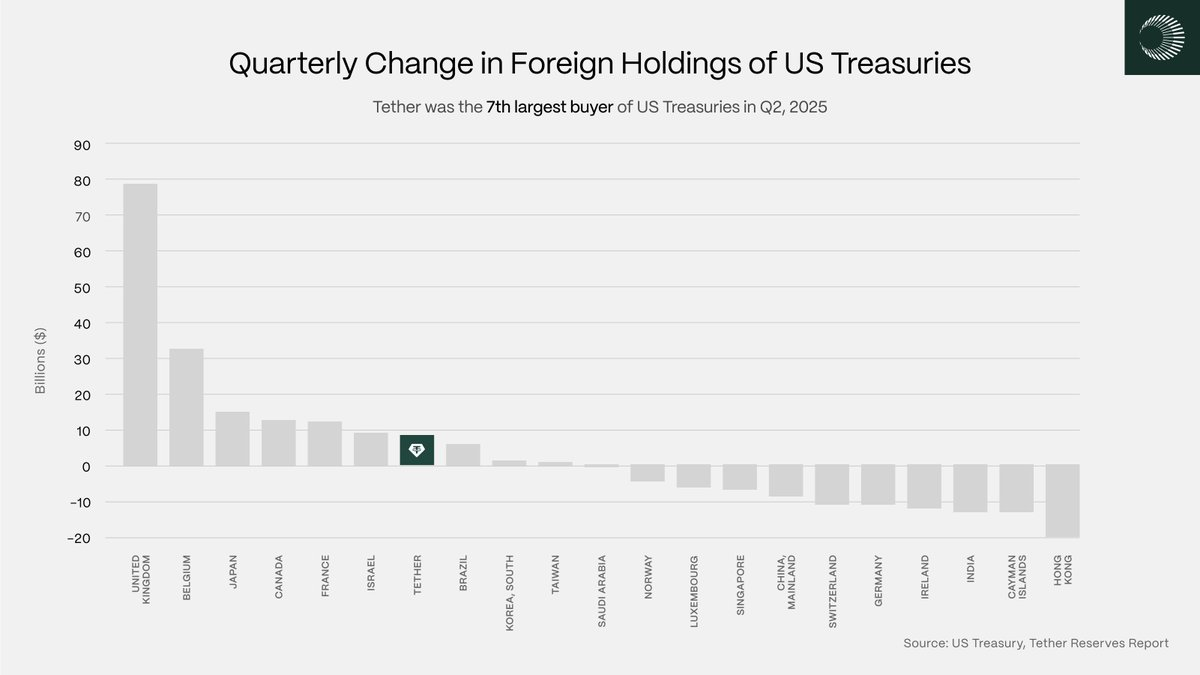DOJ Clarifies Liability for Open Source Developers
- DOJ clarifies liability for open source developers.
- Liability applies only with specific criminal intent.
- Boost in DeFi innovation due to reduced legal risk.
Acting Assistant Attorney General Matthew R. Galeotti announced at the Wyoming Blockchain summit that open-source smart contract developers aren’t criminally liable without specific intent, clarifying DOJ’s stance.
This regulatory clarification is expected to lower risk premiums in the DeFi sector, attracting investors and boosting developer confidence across Ethereum-based protocols.
DOJ Announces Major Shift in Developer Liability
The U.S. Department of Justice has clarified that open source smart contract developers are not liable for third-party code misuse unless there’s intent. This announcement forms part of a broader strategy to encourage innovation in the DeFi ecosystem .
Matthew R. Galeotti, Acting Assistant Attorney General, articulated this stance at the Wyoming Blockchain summit. The DOJ emphasized that the mere act of coding without ill intent does not entail criminal liability, impacting developers and stakeholders.
“Our view is that merely writing code, without ill intent, is not a crime. Innovating new ways for the economy to store and transmit value and create wealth, without ill intent, is not a crime.”
Impact on DeFi and Ethereum-based Projects
This clarification is poised to spur confidence among developers and investors, particularly in Ethereum-based projects. It signals a declining risk premium for DeFi ventures, potentially unleashing larger venture capital inflows into the ecosystem.
Financial implications are considerable, with assets like Ethereum and governance tokens experiencing increased stability and interest. The DOJ’s position marks a regulatory shift, drawing a clear line between innovators and bad actors.
Encouraging Innovation and Contribution
The statement tables a likelihood for enhancing open-source contributions and encouraging the advancement of smart contracts. Developers may now engage more freely without the looming threat of inadvertent legal repercussions.
Historically, prosecutions required demonstrable control or facilitation of illegal activities. This move aligns with past calls for contextual liability assessments , offering developers a clearer framework within which to innovate without fear of unintended consequences.
Disclaimer: The content of this article solely reflects the author's opinion and does not represent the platform in any capacity. This article is not intended to serve as a reference for making investment decisions.
You may also like
Tether: Quasi-sovereign allocator
Tether’s ascent as a top-10 foreign buyer of Treasurys signals stablecoin issuers are no longer just liquidity users

Powell’s Jackson Hole speech sparks renewed momentum amid rate‑cut hopes
BTC and ETH rally on dovish Fed signals
Ripple Partners with SBI for RLUSD Launch in Japan
Bitcoin Volatility Reaches 38% Amid Institutional Support
